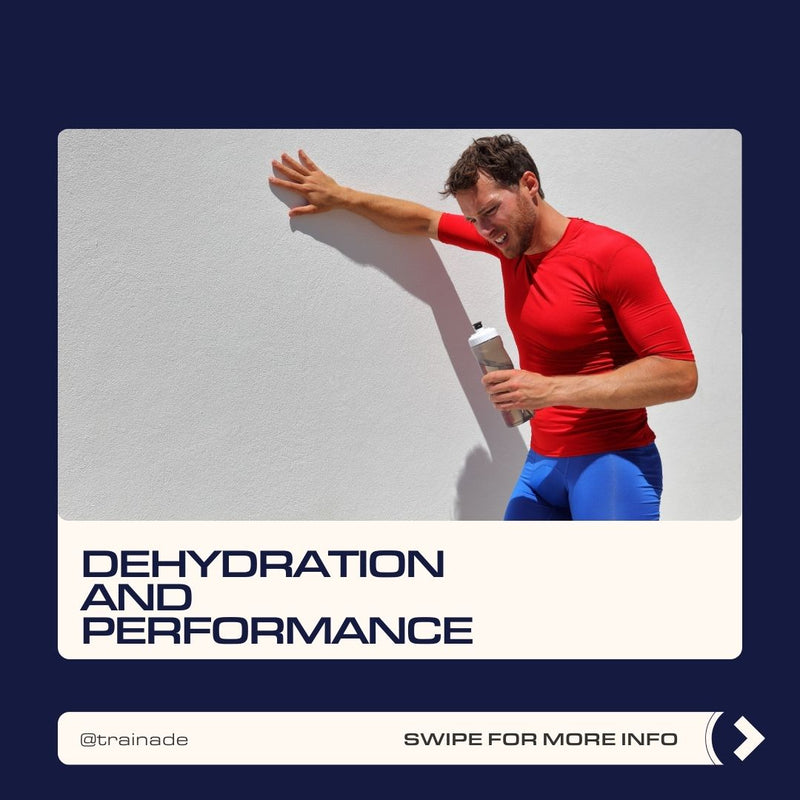With summer starting and days heating up, the air around us is naturally getting more humid. While this may not seem like a something we need to consider in terms of our hydration, humidity can actually have a meaningful effect on our hydration throughout the day.
Does humidity affect hydration?
Humidity is the amount of moisture in the air and can greatly affect the way we perceive the environment around us. In more humid environments, we perceive the environment to be hotter than it is which can lead to higher levels of sweating and therefore potentially can leave us dehydrated. On top of this, very humid environments can cause the body to have to sweat even when at a standstill in order to try and regulate body temperature.
Why is this important?
We know that losing as little as 2% of your bodyweight can be detrimental to both physical and cognitive performance. Therefore, it’s important to recognise when your environment is getting more humid and how that might affect you. Being able to recognise this and come up with a plan can help give you the extra 1% over your competition, improve your training, help you focus more, and feel a little bit better day to day.
How to stay hydrated on humid days
Some things to consider on humid days is that you will very likely sweat more than you normally would. This means a greater loss of water as well as electrolytes. Because of this, it’s important to try and actively replace what is lost in your sweat before you reach a point of dehydration. Using electrolyte supplementation is an effective way to ensure you are getting back what you have lost as well as ensuring that you are optimising the speed at which you are hydrating. Another great way to ensure you are hydrated is to use snacks with high water contents that can also cool you down. Some suggestions are frozen fruits, store bought icy poles, smoothies, or homemade electrolyte icy poles. Fresh fruit is also a fantastic option to stay hydrated.
If you are an athlete who has calculated their own sweat rate for performance, it’s important to recognise that higher humidity environments will change your individual sweat rate. If you have only looked at your sweat rate on low humidity days, it’s worth recalculating your sweat rate for the summer. This will let you have a more accurate picture of how much water you should be having during your training sessions.




